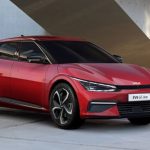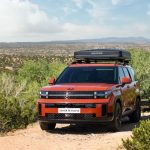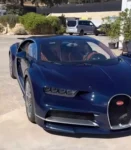Charging an electric car is a different process compared to refueling with gasoline or diesel. It takes longer to charge the battery, and the charging time can vary depending on the car model. Until now, there hasn’t been a standardized method for measuring charging speed in the automotive industry that can be universally applied by car manufacturers.
Recently, research firm Edmunds conducted real-world testing and experiments to determine the battery charging times for various electric car models available on the US market. They conducted tests on over 40 electric car models at Level 3 fast charging stations, and their findings have been compiled into a list.
The list published by Edmunds is based on the time it takes for a car to increase its driving range using a fast charging system. Essentially, it indicates the amount of time a driver needs to spend charging the car’s battery during a journey.
According to Edmunds’ research, Korean electric car models, particularly those from the Hyundai group, have the fastest battery charging times in the market. Among the top 5 fastest-charging electric cars listed by Edmunds, 4 of them are Hyundai models, namely the Hyundai Ioniq 6 Limited RWD, Kia EV6 Wind RWD, Hyundai Ioniq 6 Limited AWD, and Kia EV6 GT Line. The only non-Korean car in the top 5 is the Porsche Taycan 4S, a luxury electric car currently available in Vietnam for VND 5.14 billion.
Edmunds’ tests revealed that the Hyundai Ioniq 6 Limited RWD ranks at the top of the list in terms of battery charging time. Specifically, this Korean electric car can increase its driving range by an additional 160 km in just 6 minutes and 54 seconds of charging. The Hyundai Ioniq 6 Limited AWD takes 7 minutes and 54 seconds, securing the 3rd position.
On the other hand, the Kia EV6 Wind RWD can increase its driving range by an additional 160 km in just 7 minutes and 48 seconds of charging, while the Kia EV6 GT Line takes 8 minutes and 51 seconds. The Porsche Taycan 4S requires 8 minutes and 41 seconds to gain an additional 160 km of driving range.
| Car Model | Driving Range Per Hour of Charging | Average Charging Time to Gain an Additional 160 km of Driving Range | Energy Consumption for 160 km of Driving |
| Hyundai Ioniq 6 Limited RWD 2024 | 1,397 km/h | 6 minutes and 54 seconds | 24.2 kWh/160 km |
| Kia EV6 Wind RWD 2022 | 1,237 km/h | 7 minutes and 48 seconds | 26 kWh/160 km |
| Hyundai Ioniq 6 Limited AWD 2024 | 1,068 km/h | 7 minutes and 51 seconds | 27.5 kWh/160 km |
| Kia EV6 GT Line | 1,091 km/h | 8 minutes and 51 seconds | 29.5 kWh/160 km |
| Porsche Taycan 4S 2020 | 1,110 km/h | 8 minutes and 41 seconds | 32.3 kWh/160 km |
| Hyundai Ioniq 5 Dual Motor 2022 | 1,083 km/h | 8 minutes and 54 seconds | 30.9 kWh/160 km |
| Mercedes-Benz EQS 450+ 2022 | 954 km/h | 10 minutes and 6 seconds | 29.5 kWh/160 km |
| Genesis Electrified G80 2023 | 946 km/h | 10 minutes and 12 seconds | 30.6 kWh/160 km |
| Porsche Taycan GTS 2022 | 940 km/h | 10 minutes and 16 seconds | 38.2 kWh/160 km |
| Tesla Model 3 Long Range 2023 | 915 km/h | 10 minutes and 33 seconds | 23.9 kWh/160 km |
Top 10 fastest-charging electric cars in the US market
On the other hand, some familiar names appear in the top 10 slowest-charging electric cars in the US market, including the Chevrolet Bolt EUV Premier, Chevrolet Bolt, Ford Mustang Mach-E GT Performance, Ford Mustang Mach-E Premium AWD, and Rivian R1S Launch Edition.
| Car Model | Driving Range Per Hour of Charging | Average Charging Time to Gain an Additional 160 km of Driving Range | Energy Consumption for 160 km of Driving |
| Ford F-150 Lightning Lariat Ext Range 2022 | 534 km/h | 18 minutes and 4 seconds | 43.7 kWh/160 km |
| Ford Mustang Mach-E Premium Ext Range RWD 2021 | 529 km/h | 18 minutes and 15 seconds | 29.2 kWh/160 km |
| Ford F-150 Lightning Platinum 2022 | 513 km/h | 18 minutes and 47 seconds | 45.4 kWh/160 km |
| Rivian R1T Launch Edition 2022 (21-inch wheels) | 508 km/h | 19 minutes | 46.9 kWh/160 km |
| Rivian R1T Launch Edition 2022 (20-inch wheels) | 507 km/h | 19 minutes and 3 seconds | 47 kWh/160 km |
| Rivian R1S Launch Edition 2022 (20-inch wheels) | 502 km/h | 19 minutes and 12 seconds | 47.4 kWh/160 km |
| Ford Mustang Mach-E Premium AWD 2023 | 473 km/h | 20 minutes and 26 seconds | 32.7 kWh/160 km |
| Ford Mustang Mach-E GT Performance 2022 | 413 km/h | 23 minutes and 22 seconds | 37.4 kWh/160 km |
| Chevrolet Bolt 2022 | 288 km/h | 33 minutes and 49 seconds | 25.7 kWh/160 km |
| Chevrolet Bolt EUV Premier 2022 | 277 km/h | 34 minutes and 49 seconds | 26.7 kWh/160 km |
Top 10 slowest-charging electric cars in the US market
“Once again, our data confirms the importance of combining fast charging technology with energy-efficient EVs to provide the best user experience,” said a representative from Edmunds. “We have seen some surprising results in our testing, which show that consumers don’t necessarily have to invest in luxury brands to enjoy cutting-edge electric vehicle technology“.
[CAR REVIEW] Hyundai Palisade 2023 Coming to Vietnam: “Worth Every Penny”
According to the plan, Hyundai will bring the Palisade – the brand’s largest and most expensive 3-row SUV – to Vietnam in 2023. How does the Palisade stand out compared to its rivals, the Ford Explorer and Volkswagen Teramont, which have already entered the Vietnamese market? Readers are invited to refer to reviews of this vehicle in foreign markets.


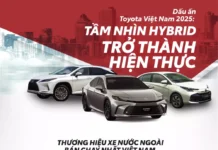
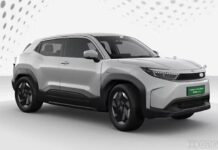
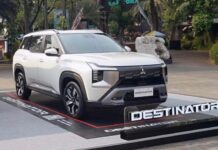























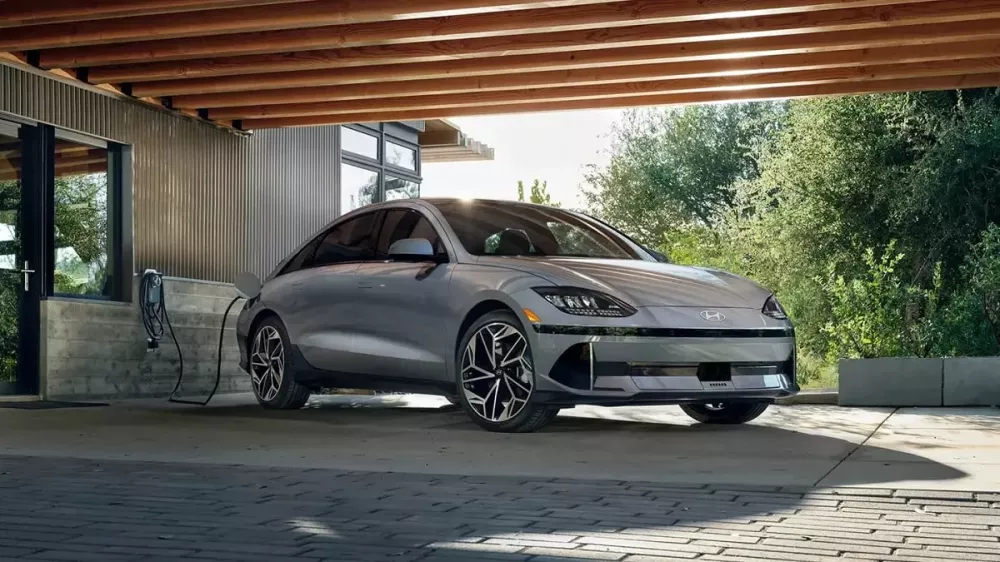
![[CAR REVIEW] Hyundai Palisade 2023 Coming to Vietnam: “Worth Every Penny”](https://vnauto.net/wp-content/uploads/2023/10/xehay-hyundaipalisade-13062023-1-150x150.jpg)

